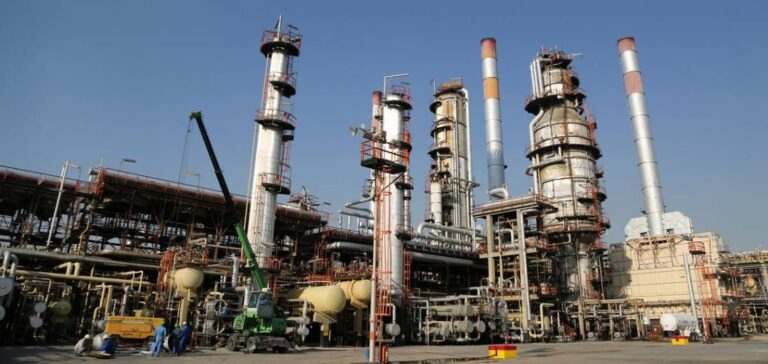The United States has imposed a new round of sanctions targeting the independent Shouguang Luqing refinery in China, which imports up to 60,000 barrels of Iranian crude oil per day. The move reflects an escalation in Washington’s efforts to curtail the economic leeway of the Islamic Republic of Iran, while simultaneously pushing for a return to negotiations over a new nuclear agreement.
Increased pressure on Iranian crude buyers
This marks the fourth round of economic measures introduced this year, signalling a growing intent to target Asian importers of Iranian oil. Nearly all of Iran’s crude oil exports currently flow to China, according to data from Rystad Energy. By focusing on a “teapot” refiner—small, independently run processing units—the United States aims to broaden the impact of its economic restrictions beyond Iran’s borders.
This approach may also represent an indirect effort to pressure the Chinese government to scale back or halt its imports of Iranian crude. Concurrently, Washington recently revoked a sanctions waiver that had allowed Iraq to purchase electricity from Iran, further tightening the economic squeeze on Tehran.
Risks to the global oil market
Although a full “maximum pressure” strategy has not yet been officially enacted, the United States is threatening to reduce Iran’s exports, currently at around 1.5 million barrels per day, to zero. Such a move could trigger a rise in oil prices, clashing with U.S. President Donald Trump’s pledge to keep energy costs low to combat inflation.
According to Jorge León, Head of Geopolitical Analysis at Rystad Energy, the current sanctions send a clear message, though their effectiveness in bringing Iran back to the negotiating table remains uncertain. However, the U.S. administration could benefit from current market conditions, with oil trading at around $70 per barrel and increased production from the Organization of the Petroleum Exporting Countries and its allies (OPEC+), allowing for tougher measures without destabilising global supply.
An anticipated signal from Tehran
Iranian oil exports surged in January to 1.5 million barrels per day, the highest level since May 2024 and the second highest since March 2019. This increase may signal Tehran’s expectation of looming U.S. sanctions.
The prospect of a significant drop in Iranian exports, in a context of heightened output from OPEC+, is reshaping the global oil market balance. Developments in the coming weeks could lead to long-term shifts in energy trade flows across the Asia-Pacific region.






















